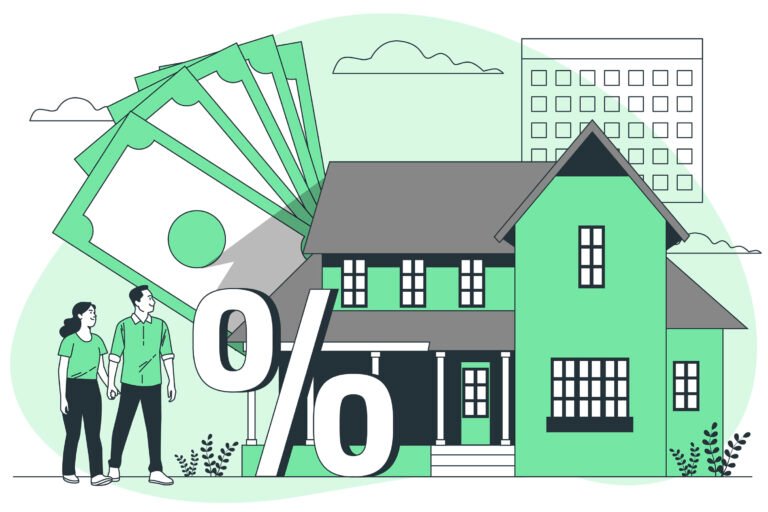Navigating Mortgages: First vs. Second Mortgages Explained
When it comes to financing a home, mortgages play a pivotal role. But what’s the difference between a first mortgage and a second mortgage? Let’s explore these options, understand their distinctions, and discover when each might be the right choice for you.
🏠 First Mortgages: The Foundation
A first mortgage is the primary loan used to purchase a property. It’s a significant financial commitment and typically comes with a longer repayment period, commonly spanning 15 to 30 years. This mortgage takes priority over any other loans or liens against the property.
Key Points:
- Down Payment: A first mortgage usually requires a down payment, often a percentage of the home’s purchase price.
- Interest Rates: Interest rates for first mortgages tend to be lower than those for second mortgages due to their primary position.
- Loan Amount: The loan amount for a first mortgage is often higher, reflecting the property’s purchase price.
- Homeownership: Securing a first mortgage is a crucial step toward homeownership.
🔑 Second Mortgages: Tapping into Equity
A second mortgage is an additional loan taken out against a property that already has a first mortgage. It allows homeowners to tap into their home equity for various purposes, such as home improvements, debt consolidation, or funding major expenses.
Key Points:
- Lien Position: Second mortgages are subordinate to the first mortgage, meaning the first mortgage gets paid off first in case of default.
- Interest Rates: Interest rates for second mortgages are often higher than those for first mortgages due to the increased risk for lenders.
- Loan Amount: The loan amount for a second mortgage depends on the available equity in the property.
- Uses: Second mortgages can be used for specific projects, financial needs, or debt management.
🤔 Choosing Between First and Second Mortgages
First Mortgage: If you’re purchasing a home or refinancing an existing mortgage, a first mortgage is the starting point. It offers lower interest rates and provides the necessary funds for property acquisition.
Second Mortgage: If you’re a homeowner seeking additional funds for specific purposes and have built up equity in your property, a second mortgage might be a viable option. However, it’s crucial to assess your ability to handle the increased debt load.
💼 Consulting the Experts
Whether you’re considering a first or second mortgage, it’s essential to consult with financial advisors and mortgage professionals. They can help you understand the terms, rates, and implications of each option based on your unique financial situation.
At Great Canadian Debt Relief Inc., we’re here to provide guidance on mortgages, debt relief strategies, and financial planning. Stay tuned for more insights to empower your financial journey.
#Mortgages101 #HomeOwnership #GreatCanadianDebtRelief




